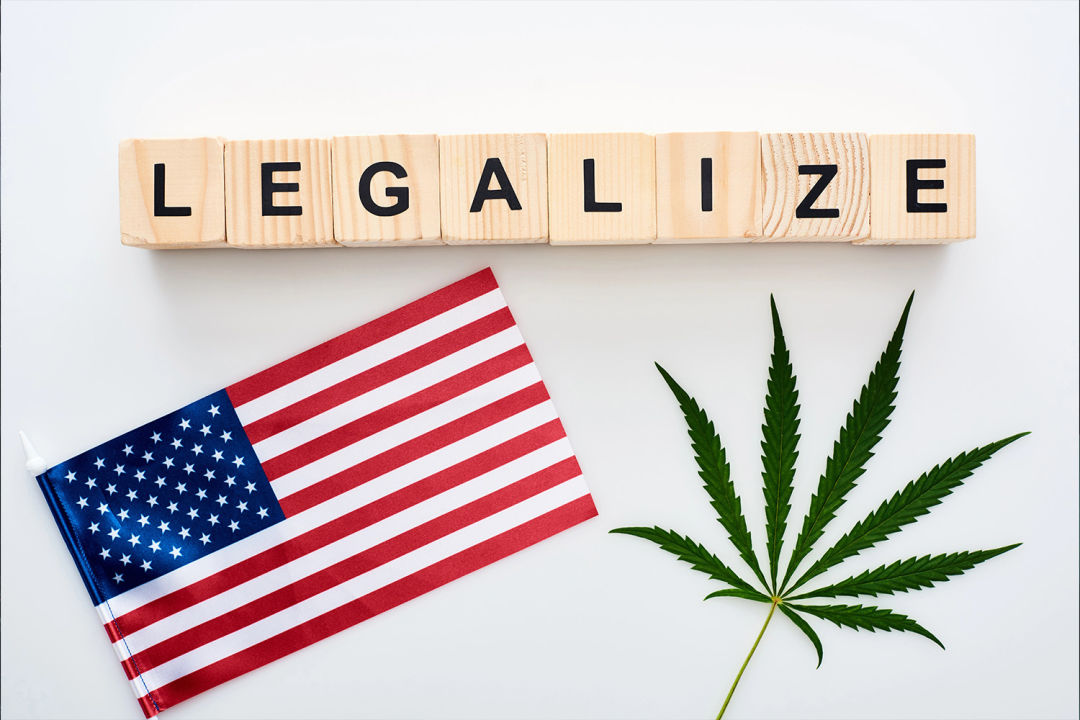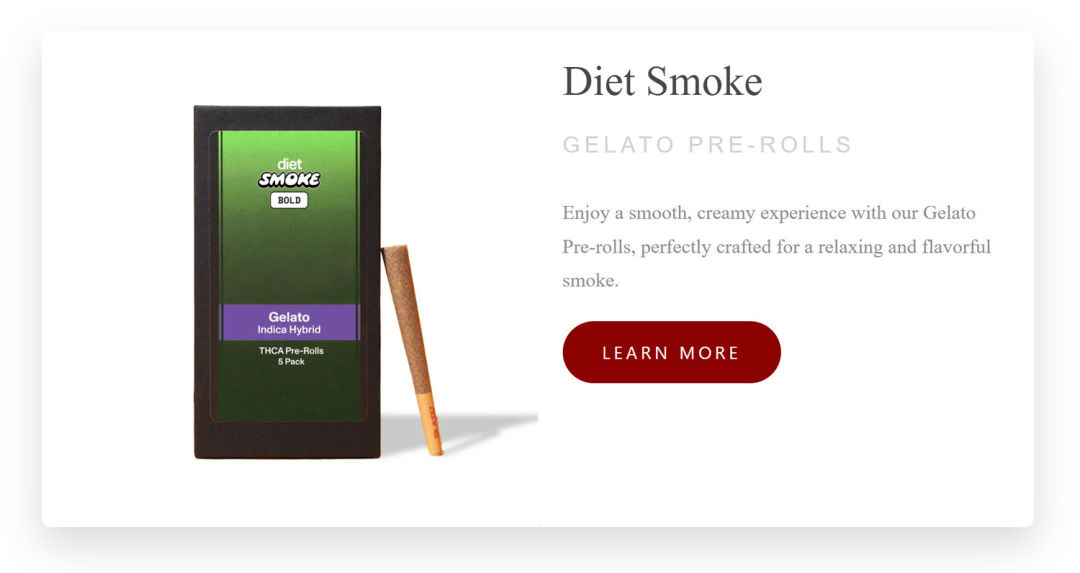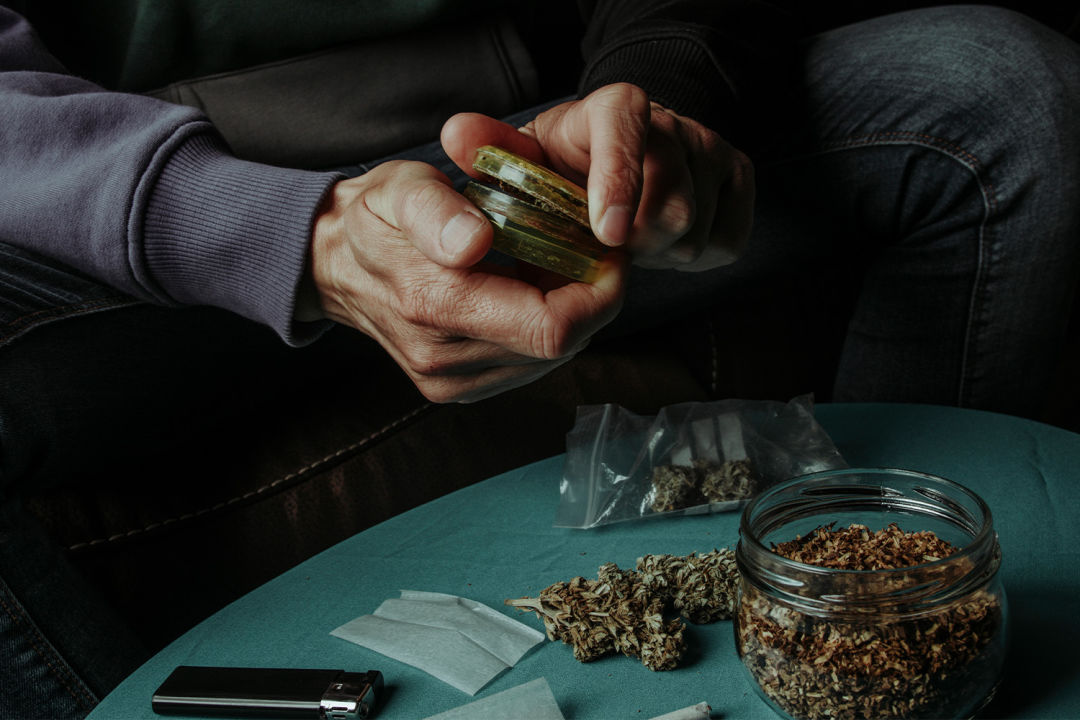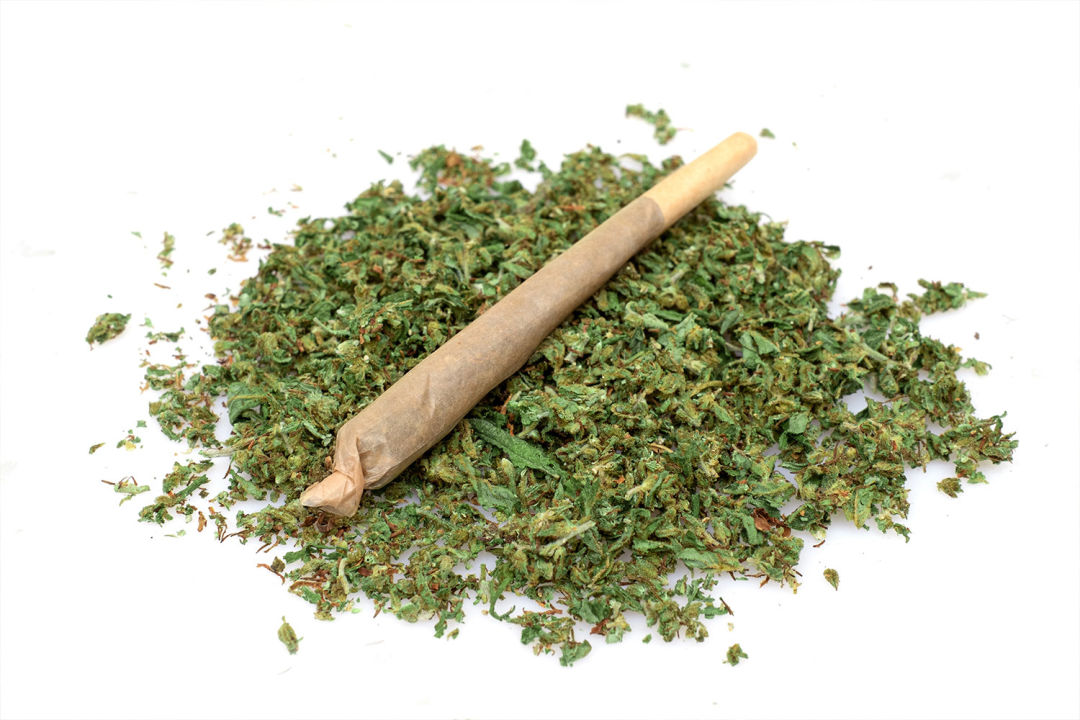Is THCA Legal?

Many people ask, “Is THCA Legal?” This question comes up as more users, sellers and producers look for new cannabis products. People want to know if they can buy or sell tetrahydrocannabinolic acid without breaking any rules. The thca legal status is at the center of this discussion as consumers and businesses seek clarity on what is allowed.
Tetrahydrocannabinolic acid (THCA) is not psychoactive like delta-9 THC found in marijuana products. Still, rules from the Drug Enforcement Administration and changing state policies keep everyone guessing about its legal status. The debate over thca’s legality continues with ongoing uncertainty due to evolving federal and state regulations.
Not sure if you are safe buying thca flower or selling hemp derived cannabinoids? This blog breaks down current federal hemp laws, explains what states allow or ban thca products and highlights the risks businesses face under the Controlled Substances Act (CSA).

Key Takeaways
- The 2018 Farm Bill made hemp derived cannabinoids like THCA federally legal as long as they meet federal THC limits.
- States have different laws.
- THCA is legal in many states but the legality varies with some states allowing hemp derived THCA if it meets federal THC thresholds and others have stricter regulations.
- The DEA checks if products with THCA convert to psychoactive delta-9 THC above legal limits when heated.
- Some states—Idaho, Nebraska, South Dakota and Wyoming—ban all forms of THCA and most other cannabis compounds.
- Businesses must follow both state and federal rules on testing and sales.
THCA Legality Introduction

THCA or tetrahydrocannabinolic acid is a non-psychoactive cannabinoid found naturally in raw cannabis plants. Its legal status is shaped by a complex interplay between federal law and state laws so it’s essential for anyone involved in the cannabis industry to stay informed. Under federal law specifically the 2018 Farm Bill hemp derived THCA is legal as long as the product contains less than 0.3% delta-9 THC on a dry weight basis. This allows for the cultivation and sale of certain hemp derived products including THCA as long as they meet these strict requirements.But THCA is not legal across the United States. Several states have their own laws that restrict or ban THCA products including those derived from hemp. These state laws often reflect concerns about THCA converting into psychoactive THC especially in products like smokable hemp flowers. So the legality of THCA varies greatly depending on where you live or operate. For consumers, producers and retailers understanding both federal and state regulations is key to compliance and avoiding legal risks when dealing with THCA products and other hemp derived cannabinoids.
What Is THCA and How Is It Different from THC?
THCA or tetrahydrocannabinolic acid is a natural occurring compound found in the cannabis plant. This cannabinoid (also known as thc a) is abundant in fresh cannabis sativa buds and industrial hemp before any heat is applied.
THCA does not produce the psychotropic effects associated with THC (tetrahydrocannabinol) because it can’t bind to the receptors in the endocannabinoid system.
Exposure to heat causes THCA to convert into delta-9 THC which is responsible for the psychoactive properties found in recreational marijuana and edible marijuana products. During this process known as decarboxylation THCA loses its carboxyl group and becomes THC. THCA is a precursor to THC meaning it’s the chemical compound that turns into THC when heated which is important for both its effects and legal status. People consume thca flower or thca products hoping to benefit from medicinal use without the high associated with delta-9-thc.
Legal definitions often focus on how much delta 9 thc is present after decarboxylation rather than the original amount of thca so state regulations around thca legality is an important topic for anyone involved in the cannabis industry or hemp industry today.
Psychoactive Effects and Potential Benefits of THCA

THCA itself is a non-psychoactive cannabinoid meaning it does not produce the intoxicating or euphoric effects associated with marijuana. However when THCA is exposed to heat through decarboxylation—such as when it is smoked, vaporized or baked—it converts into delta-9 THC the psychoactive compound responsible for the “high” in cannabis. This is why some products containing THCA can produce psychoactive effects if consumed in certain ways.Despite being non-psychoactive in raw form THCA has gained attention from consumers looking for benefits without the psychoactive effects of THC. Early research suggests THCA may have anti-inflammatory, neuroprotective and antiemetic properties making it a good option for those interested in the therapeutic benefits of cannabinoids. More research is needed to fully understand the benefits and effects of THCA but its unique properties make it an attractive option for those looking for alternatives to traditional marijuana products that don’t produce psychoactive effects.
Federal Regulations on THCA
The 2018 Farm Bill changed how the government views THCA. It removed hemp derived compounds from the controlled substances list making them more accessible. Hemp derivatives including cannabinoids, acids and extracts from hemp are now included in this category.
Under the 2018 Farm Bill cannabis with less than 0.3% THC is considered hemp which means it’s not a controlled substance.

Impact of the 2018 Farm Bill
Congress passed the Farm Bill in 2018. This law changed the legal status of hemp and its derivatives across the United States. Under federal hemp laws any Cannabis sativa L. plant or product with less than 0.3% delta-9 THC by dry weight is considered legal hemp.
Legal hemp includes compounds like THCA (tetrahydrocannabinolic acid), CBD and even delta-8 THC if they stay within this limit.
Farmers can now grow industrial hemp under USDA rules creating a booming hemp market for products like raw cannabis buds, thca flower, CBD oils and other hemp derived cannabinoids for medical use or food supplements. Hemp cultivation must follow strict legal compliance and industry standards to ensure all products meet federal and state requirements. Agriculture plays a big role in the legal regulation of hemp as proper agricultural practices are crucial for producing compliant and high quality hemp products.
The 2018 law also removed these low-THC compounds from the Controlled Substances Act (CSA). But state regulations may vary on THCA legality or recreational cannabis sales due to marijuana prohibition at the federal level for cannabis with higher levels of psychoactive THC.
The DEA’s Role in THCA Classification
The DEA (Drug Enforcement Administration) has a big role in how THCA (tetrahydrocannabinolic acid) is classified. Under the Controlled Substances Act the agency considers psychoactive THC a Schedule I substance.Although legal hemp can have THCA under federal hemp laws the DEA looks at whether this compound converts into delta-9 THC when heated or processed. As stated by experts like Shane Pennington of Vicente LLP if THCA from cannabis derived products turns into enough psychoactive THC after decarboxylation those products may be considered controlled substances. Because THCA can convert into THC it may also show up on drug tests as these tests look for THC metabolites.
The DEA has strict standards for measuring total THC content in raw cannabis buds and thca flower. Labs must test if tetrahydrocannabinolic acid will convert into delta-9-tetrahydrocannabinol at or above 0.3% on a dry weight basis.
Any amount above this limit would reclassify an item as marijuana instead of industrial hemp which affects its legality in the hemp market and across state regulations. This impacts both retailers selling thca products and consumers interested in cannabis research or medical marijuana options linked to compounds found in Cannabis sativa. There is also a risk of legal and compliance issues for both retailers and consumers due to the evolving regulatory landscape.
State Laws on THCA
State laws vary widely on THCA. Some states fully legalize it while others impose strict conditions or ban it altogether. This patchwork creates challenges for businesses and consumers in the hemp market. Compliance with state law is key as local laws determine what is allowed or prohibited in each jurisdiction.
Understanding each state’s laws is crucial for compliance and safe consumption of cannabis derived products. THCA’s legal status is evolving with ongoing changes and complexities in state laws that requires close attention from both consumers and producers.
States Where THCA Is Legal
Some states have legalized THCA, allowing its use without restrictions. This benefits consumers and the hemp industry by providing access to various forms of THCA products like flowers, vapes, edibles and oils catering to different preferences.
- California allows THCA products for medical and recreational use. The state recognizes the health benefits of hemp derived cannabinoids.
- Colorado has a legal framework that supports THCA. Residents can purchase THCA products from licensed dispensaries.
- Oregon fully legalizes THCA, promoting a thriving cannabis market. Residents have easy access to various THCA products for medical and recreational use.
- Massachusetts allows THCA under its medical cannabis program. Patients can get THCA with a valid prescription.* Alaska allows THCA with no restrictions. Residents can grow and possess their own industrial hemp plants, including raw cannabis buds high in THCA.
These states are clear leaders in THCA legality. Each one is helping to shape the hemp market and expand access to cannabis derived products.
States with Limited THCA Legality
Some states allow THCA with conditions. The question of THCA flower legality can vary as some states have different regulations for THCA flower than other hemp derived products. These rules often depend on use such as medical or other regulations.
- California allows THCA for medical use; patients must have a doctor’s recommendation. This state is a trendsetter for the cannabis industry including hemp derived cannabinoids.
- Colorado allows limited THCA; individuals can possess it if they comply with state medical marijuana laws. The state is known for its progressive approach to all cannabis products.
- Florida has strict guidelines for THCA products; these must be from low-THC cannabis and used for specific medical conditions. The laws reflect Florida’s efforts to regulate the hemp market while allowing medicinal benefits.
- New York’s limited legality is based on registered patients using THCA for approved health conditions; only licensed dispensaries can sell these products. This ensures consumers get safe and tested products.
- Texas has restrictions around THCA use; however, it recognizes certain industrial hemp products with low THC as legal, in line with federal hemp laws from the 2018 Farm Bill.
- Missouri allows limited THCA through its medical marijuana program; users must register and meet state regulations, ensuring responsible use.
- Arizona allows limited THCA under strict guidelines; primarily for licensed patients who meet the state’s qualifying criteria for medical marijuana.
Understanding these nuances gives clarity on how to comply in each state. Next, we’ll look at states where THCA is legal.
States Where THCA Is Illegal
THCA is heavily restricted in some states. These states have banned THCA altogether. In many cases, bans extend to all hemp derivatives, meaning any compounds or extracts from hemp – including cannabinoids, acids and other related substances – are also prohibited.
- Idaho bans all forms of cannabinoids, including THCA. Law enforcement classifies it as a Schedule I drug under the Controlled Substances Act.2. South Dakota restricts THCA because it categorizes it with cannabis derived products. The state has not legalized hemp derived cannabinoids either.
- Nebraska prohibits THCA because it considers all forms of THC, natural or synthetic, as illegal substances. This includes tetrahydrocannabinolic acid and related compounds.
- Indiana allows limited use of hemp products but strictly limits THCA legality. Consumers must avoid any product with more than 0.3% delta-9 THC.
- Wyoming doesn’t recognize THCA as legal even if it’s from industrial hemp. State laws classify any product with psychoactive properties as prohibited.
- Kansas takes a cautious approach and bans all forms of THC, including THCA from hemp sources. State laws are strict on cannabis plants and derivatives.
- Alabama has restrictions that limit THCA products within its jurisdiction, reflecting federal concerns over psychoactive components in cannabis related substances.
- Mississippi prohibits all products with THC, restricting access to both recreational and medical use of THCA flower or other variants.
These regulations ensure the market stays compliant with federal guidelines while consumers are informed about THCA legality across states.
Unregulated THCA Products: Risks and Considerations
The rapid growth of the cannabis industry has brought many THCA products to market but not all are regulated. Unregulated THCA products can be dangerous to consumers as they may contain unknown or inconsistent levels of THC, contaminants or other substances that can harm health. The decarboxylation process which converts THCA into psychoactive THC can also be unpredictable resulting in products that may have stronger effects than intended.
Since enforcement and regulations vary widely between states, consumers must be cautious when buying THCA products. It’s essential to buy from reputable sources that provide third-party lab testing and clear labeling to ensure product safety and compliance with local laws. Stay informed about the latest regulations and understand the risks of unregulated products to protect your health and stay legal.
THCA Compliance Considerations
Compliance with THCA regulations requires attention to both federal and state laws. The 2018 Farm Bill was a big change allowing hemp derived cannabinoids like THCA under certain conditions.Understand the Controlled Substances Act (CSA) as well; products must have no more than 0.3% delta-9 THC to be legal.
States vary in THCA legality. Some allow it, others restrict it or ban it. Those in the hemp industry should stay up to date on local regulations as THCA laws and regulations may change at state and federal levels.
Consulting with legal experts regularly ensures businesses meet compliance standards and avoid pitfalls of growing hemp or selling THCA products. Consumer education is also key to inform the public about compliance obligations and legal risks so consumers can make informed decisions. Proactive steps build trust and assure customers of legitimate practices in an evolving market.
Get Help and Resources
For consumers looking for reliable information or assistance on THCA products and their legal status, there are several resources available. The National Institute of Health and Human Services has up-to-date research and guidance on the benefits and risks of cannabinoids including THCA. Organizations like the National Institute of Cannabis and Endocannabinoid Research (NICER) provide educational materials and support for ongoing research into cannabinoids and their effects.
If you have questions about federal and state laws, consult with healthcare professionals or local authorities to navigate the complex regulations around THCA products. By using these resources and staying informed, consumers can make educated decisions about their health and follow all applicable laws and regulations for THCA and other cannabinoids.
FAQs
1. Is THCA legal under federal hemp laws?
Under current federal hemp laws set by the USDA and Controlled Substances Act (CSA), industrial hemp with less than 0.3% delta-9 tetrahydrocannabinol is legal. This means hemp derived cannabinoids like THCA are federally legal as long as they meet these limits. Hemp derived cannabinoids like THCA are not controlled substances if they meet these limits.
2. How do state regulations impact the legality of THCA products?
State regulations vary for thca flower and other hemp derived products. You must comply with state law as each state has its own legal requirements and restrictions for these products. Some states treat cannabis derived THCA as illegal under marijuana prohibition; others allow adult use cannabis or have decriminalized marijuana for medical use.
3. Can you buy thca products legally in all states?
No; while some states allow sales within their regulated hemp market or legalized recreational cannabis systems, others restrict thca due to stricter rules on synthetic cannabinoids and psychoactive thc content. THCa legality varies across many states with each state having its own laws influenced by federal law and local policies.
4. Why should businesses stay up to date on changing thca laws?
The cannabis industry is changing from agencies like the U.S Department of Health and National Institute on Drug Abuse on marijuana use disorder, schedule I status, recriminalization efforts, mental health issues linked to lung exposure, psilocybin research outcomes, and new guidance on marijuana seeds; staying informed ensures compliance for every product in this dynamic market. In the future THCA laws may change as new laws and policies are developed so it’s important to monitor for potential updates that may impact the industry.
Conclusion
THCA legality requires understanding both federal and state laws. The 2018 Farm Bill changed the landscape making hemp derived cannabinoids like THCA more available in many places.
Each state has its own rules for use and sale. THCA’s legal status is complex and changing so ongoing monitoring is necessary to keep up with new laws and policy updates. Check your local laws to ensure compliance with all regulations around this compound.
Staying informed means better choices for using THCA products safely and legally.
About the Author
Elton Platt is a recognized expert in the field of THCA, CBD, and cannabis product reviews. With over 10 years of experience, he has dedicated his career to studying the effects and benefits of cannabinoids.
Disclaimer: The information provided in this article is for informational purposes only and does not constitute medical advice. CBD and THC products are not currently evaluated or approved by the FDA and are not intended to diagnose, treat, cure, or prevent any disease. Always consult a healthcare professional before using these products, especially if you have a medical condition or are taking medications. Check your local laws regarding CBD and THC usage, as regulations vary by jurisdiction.
